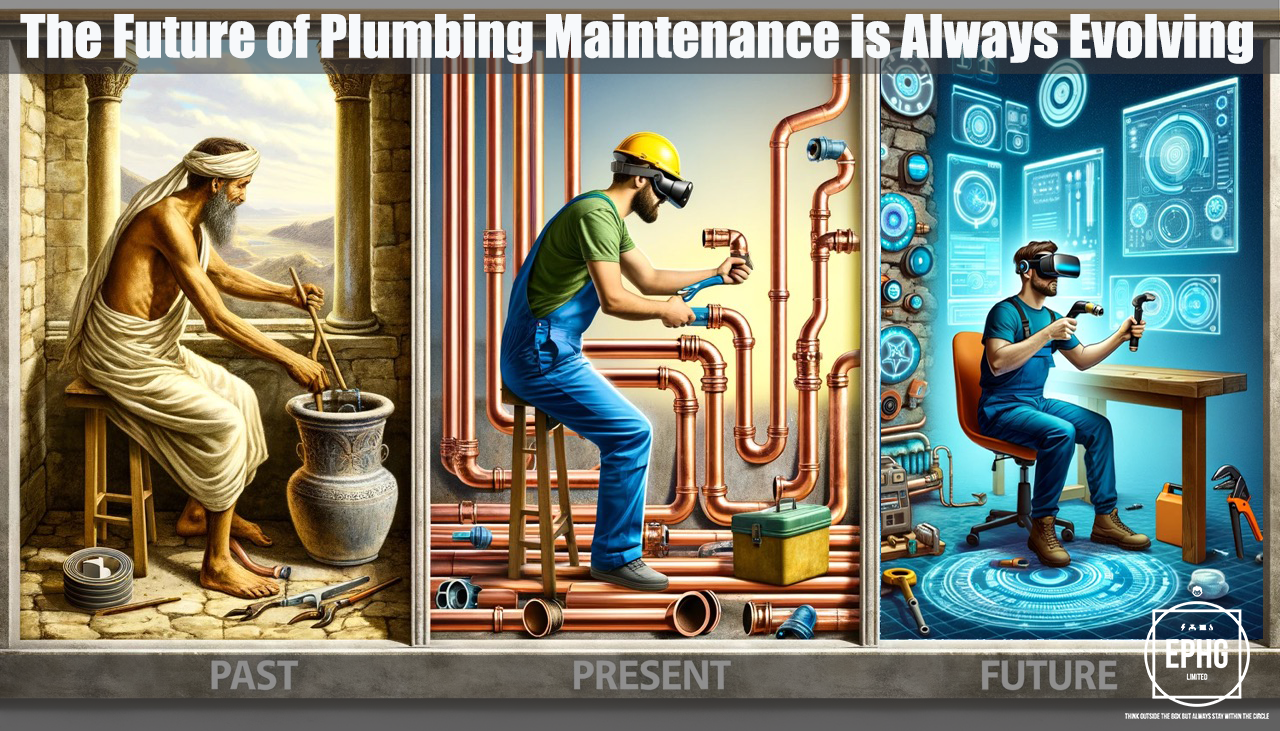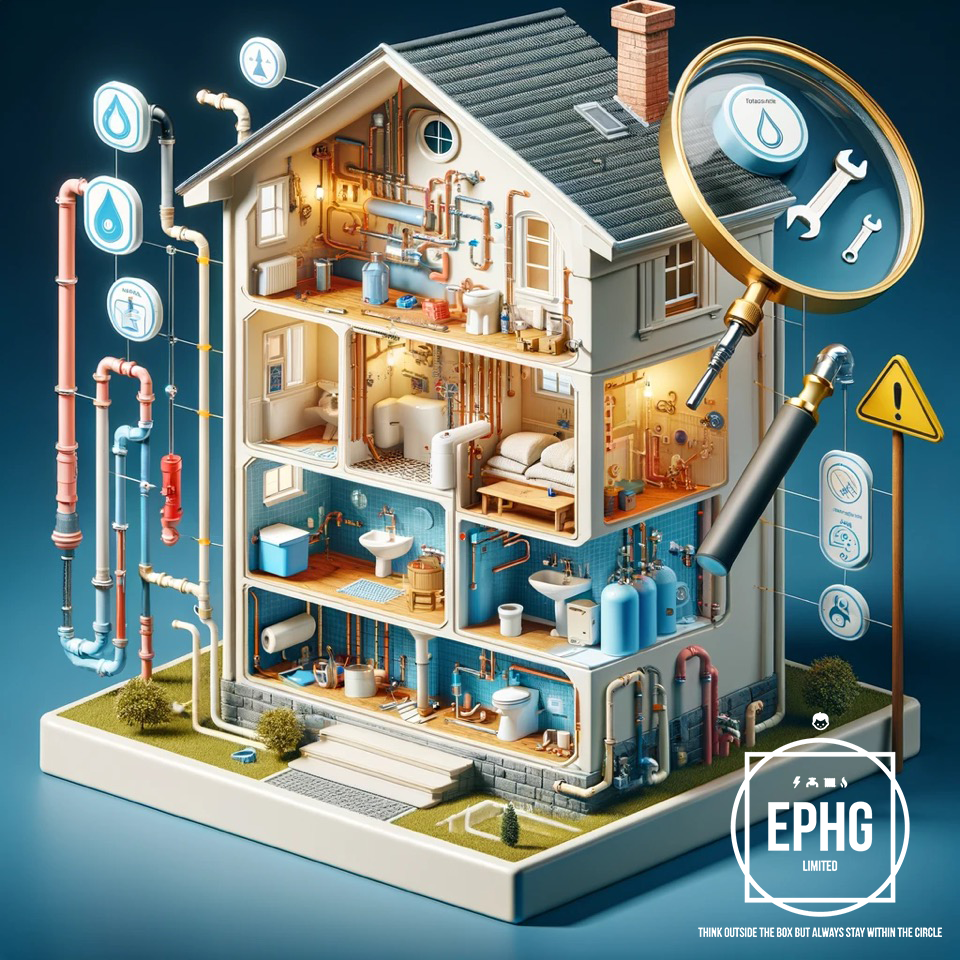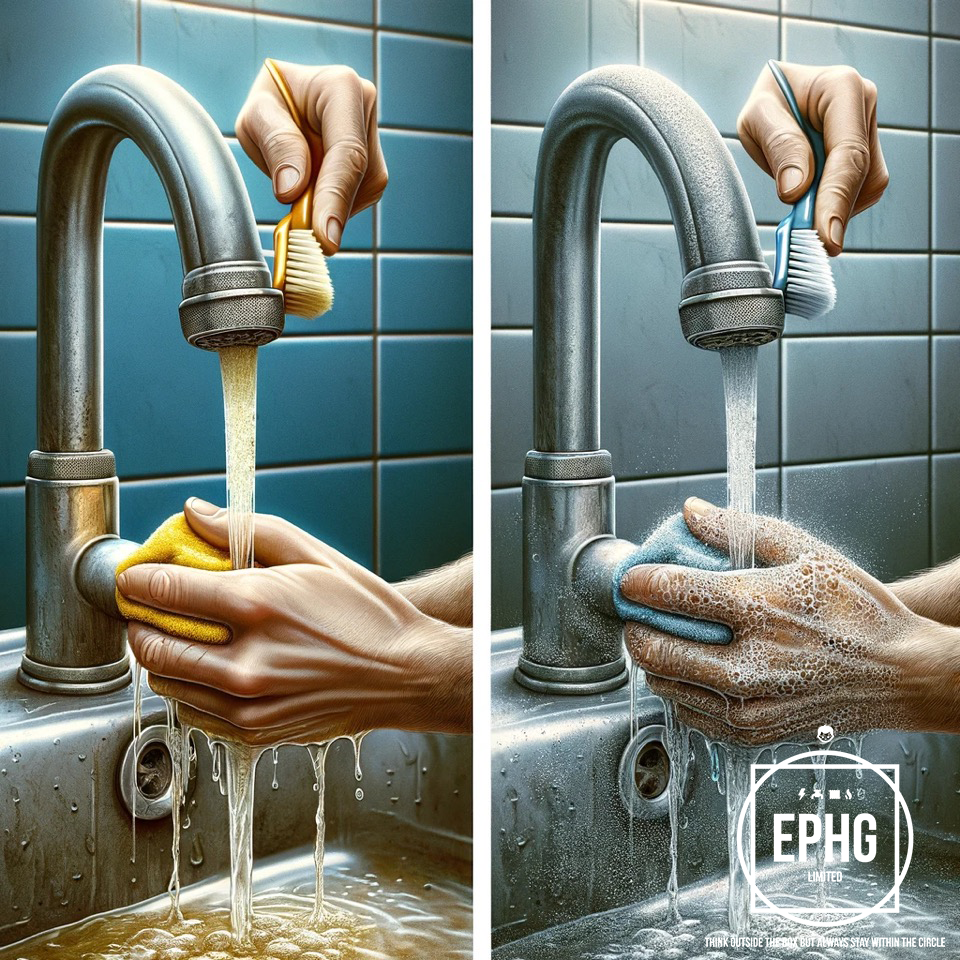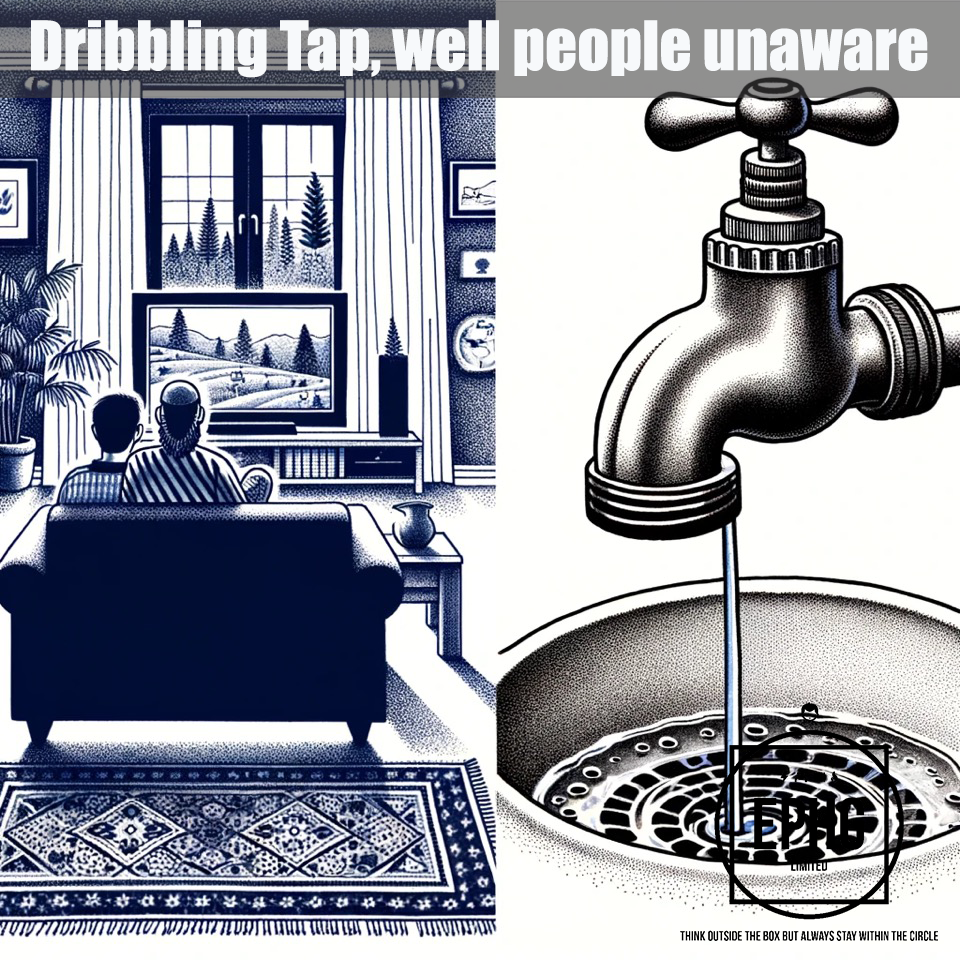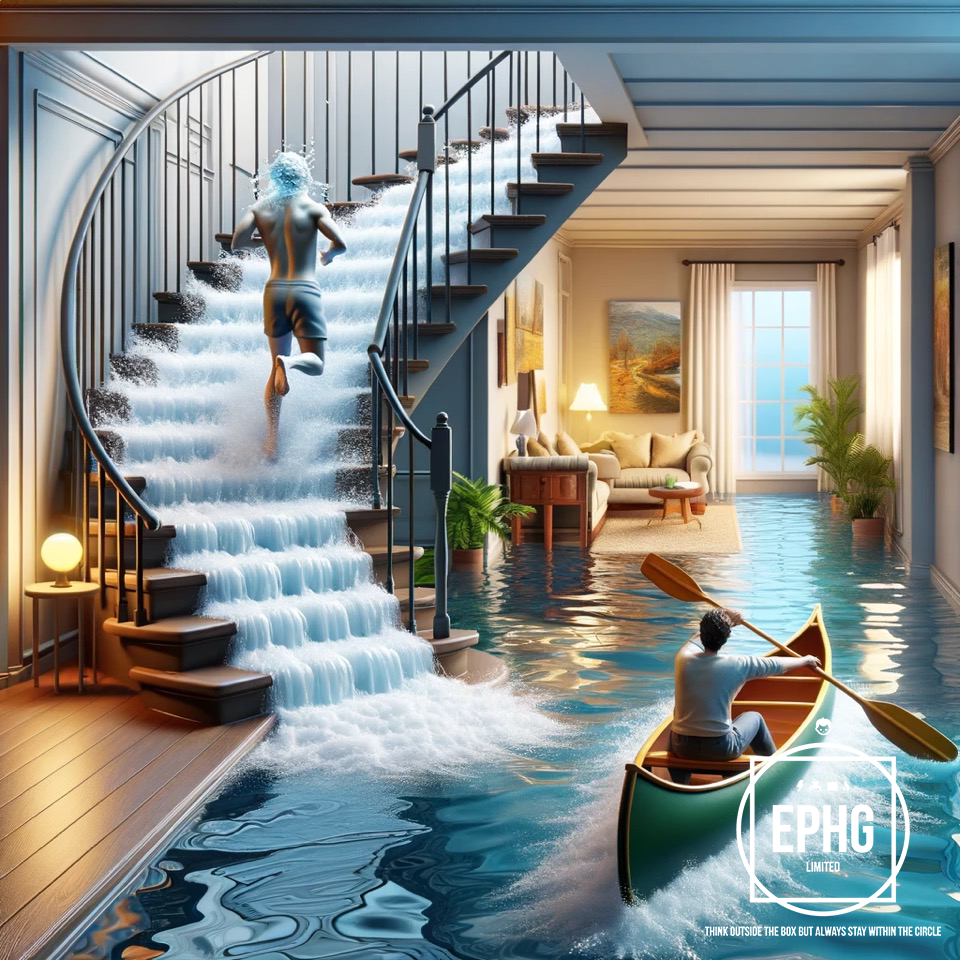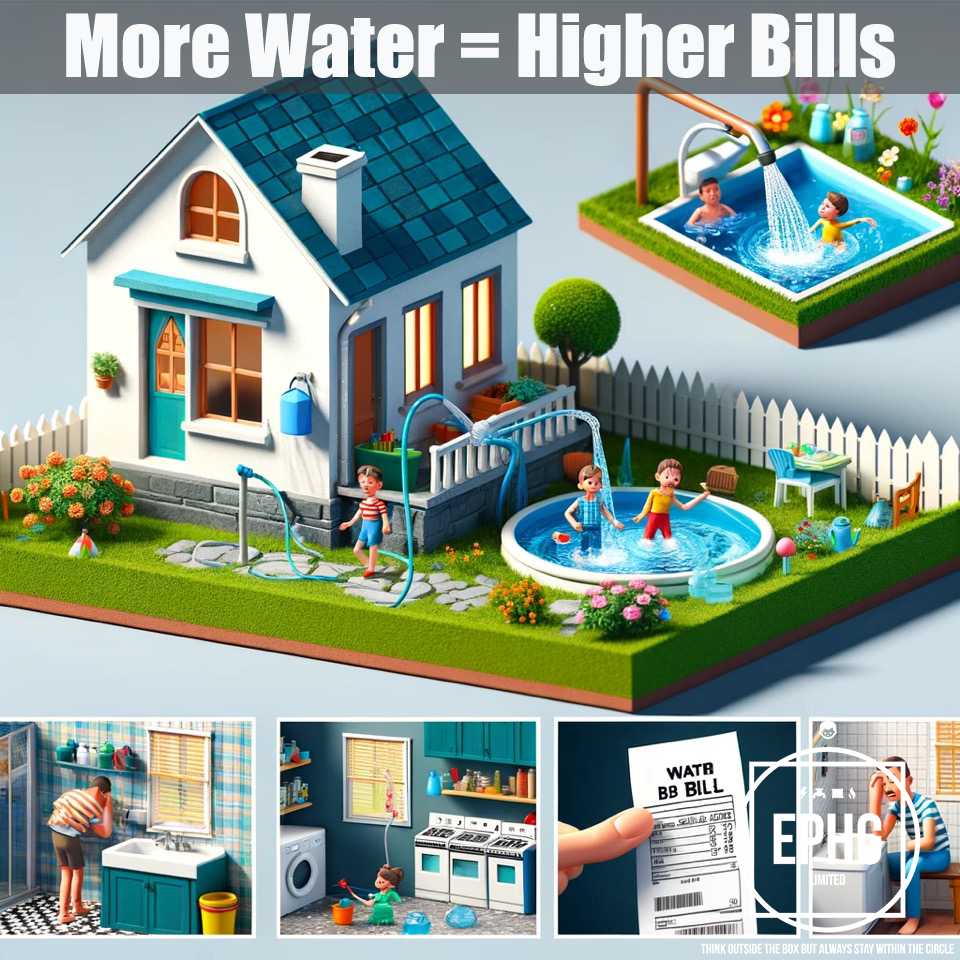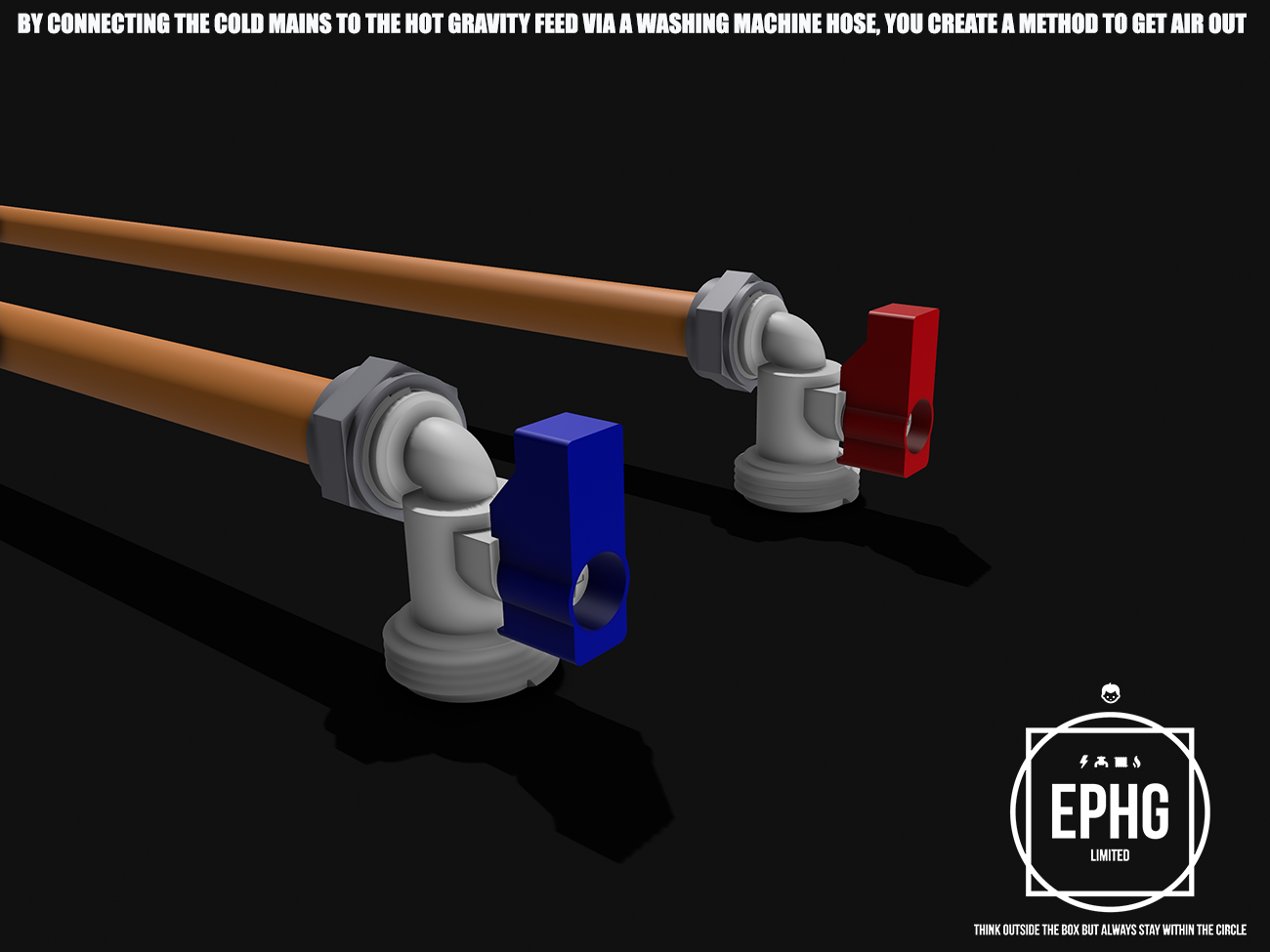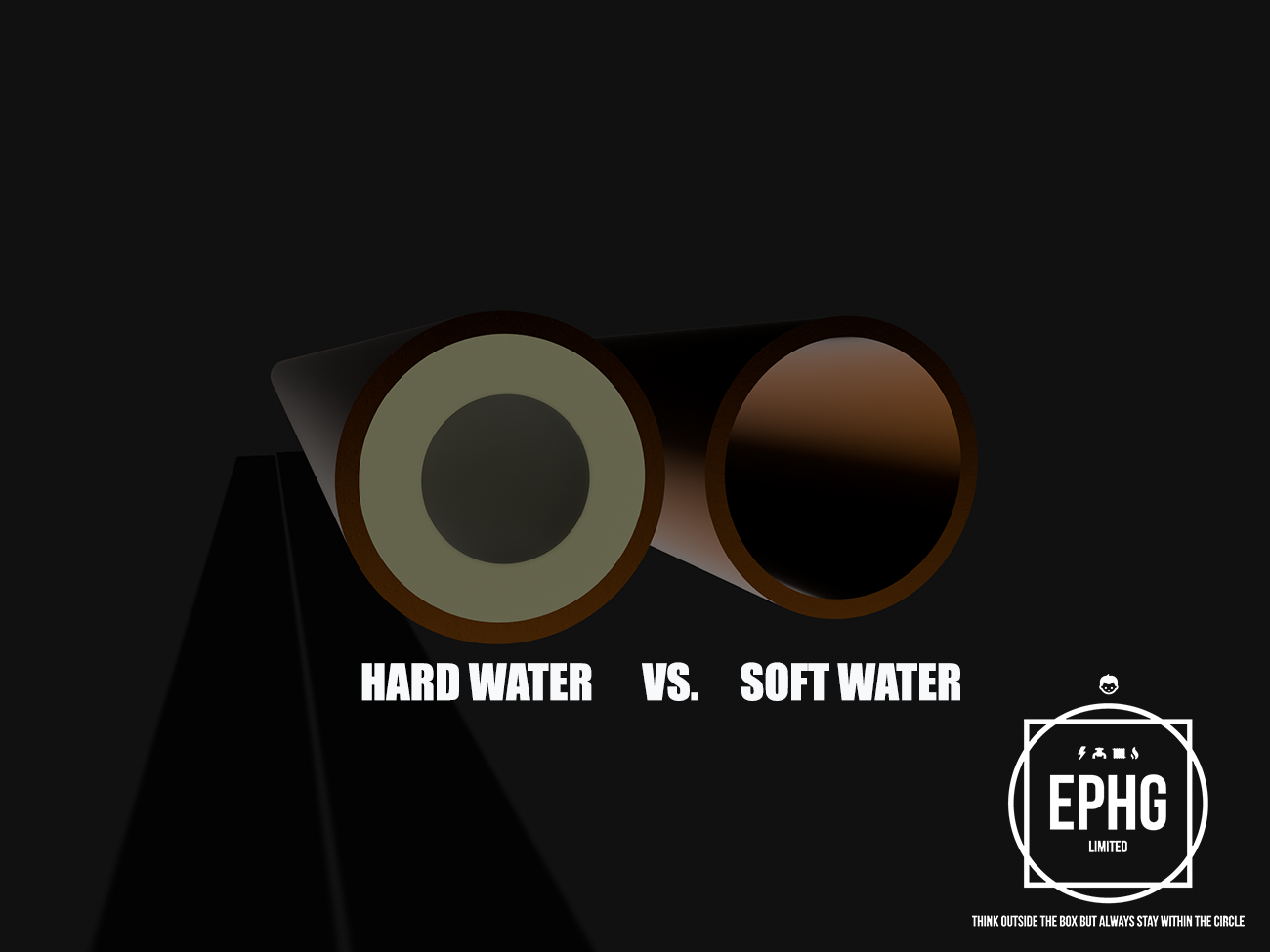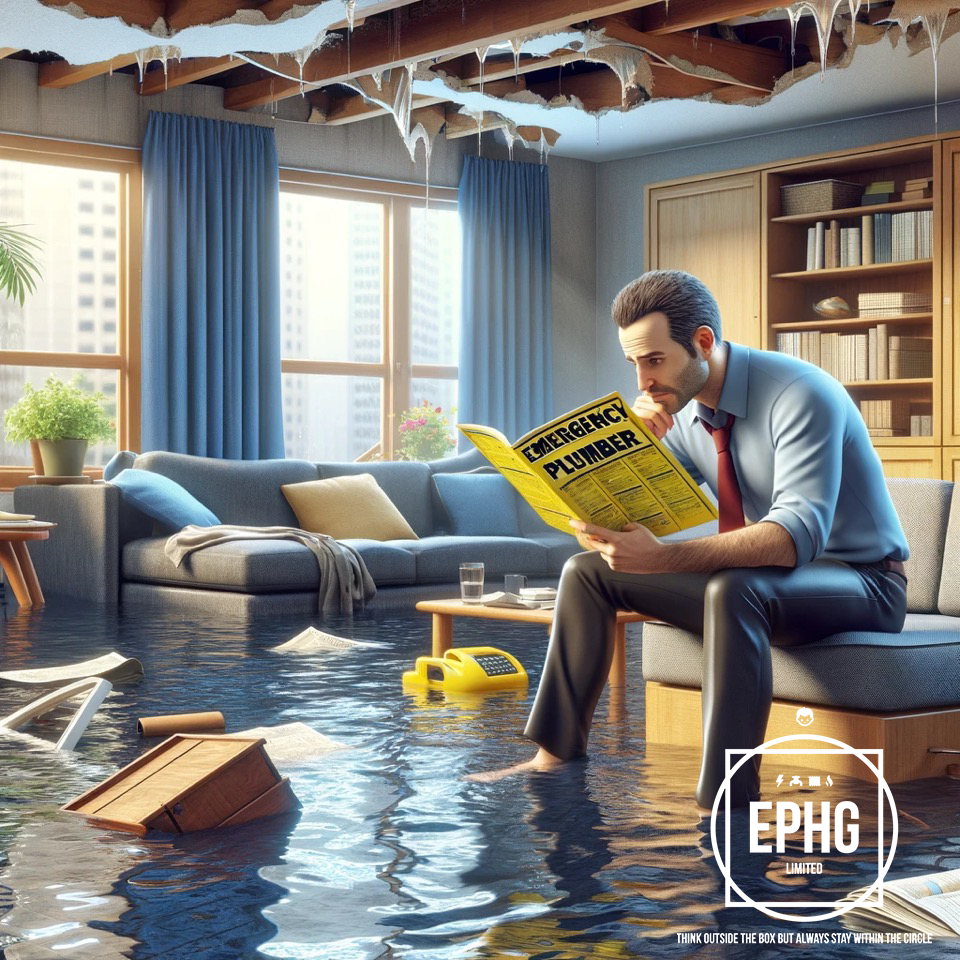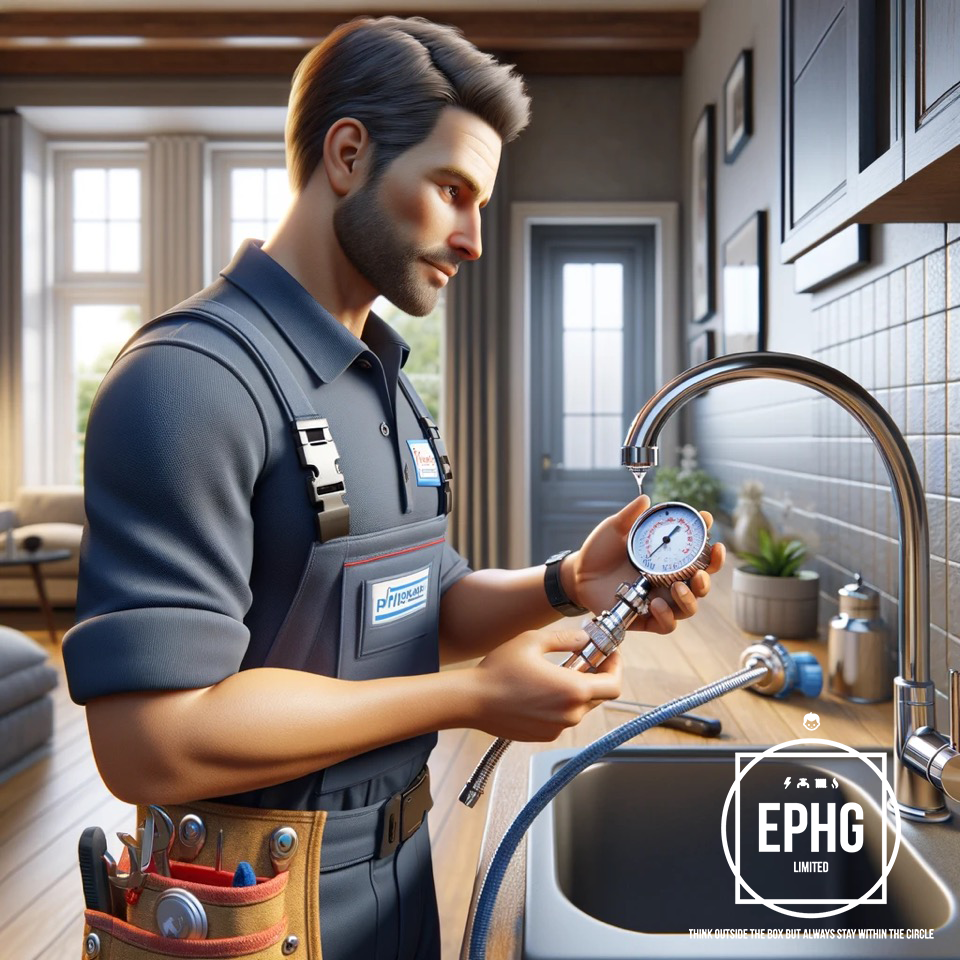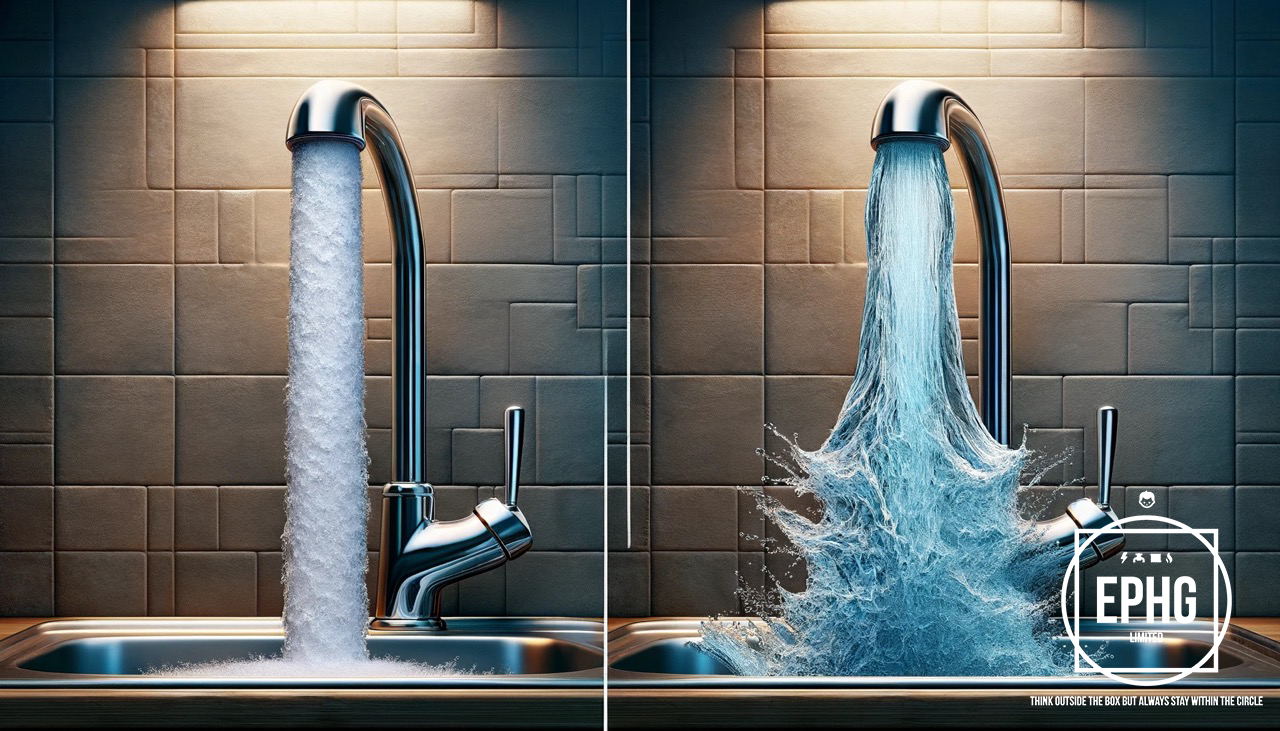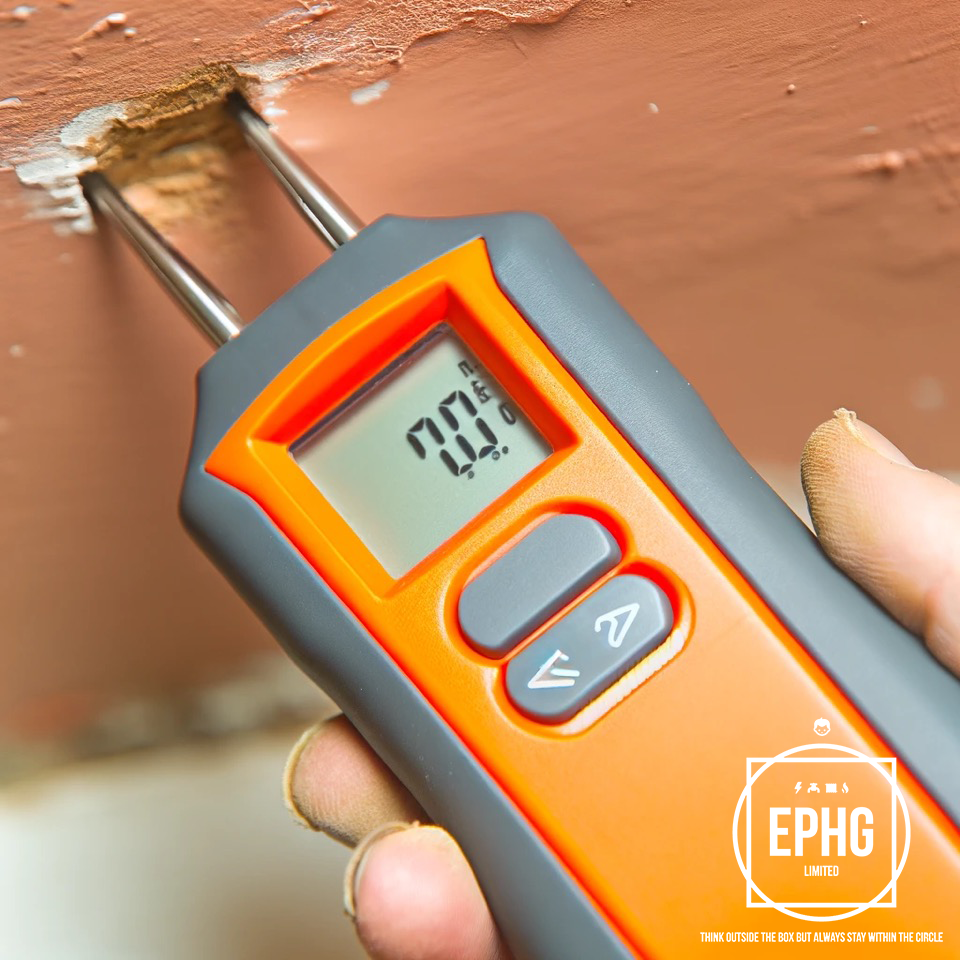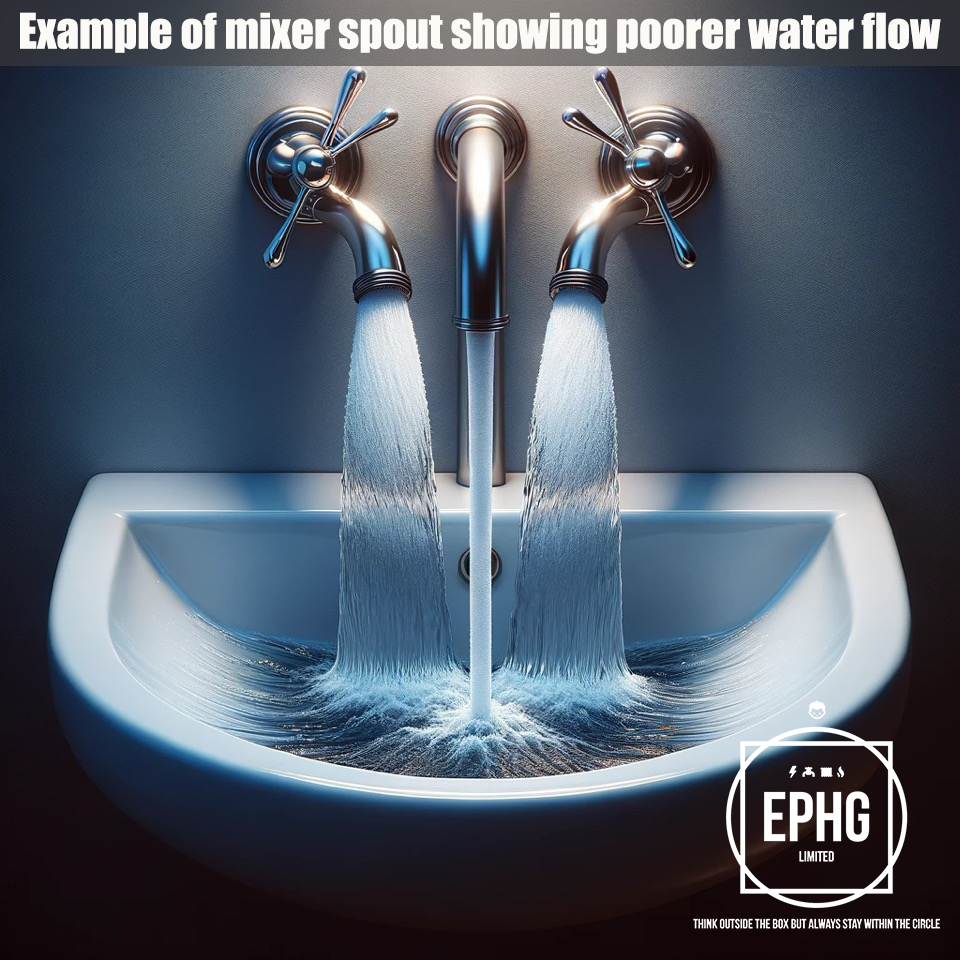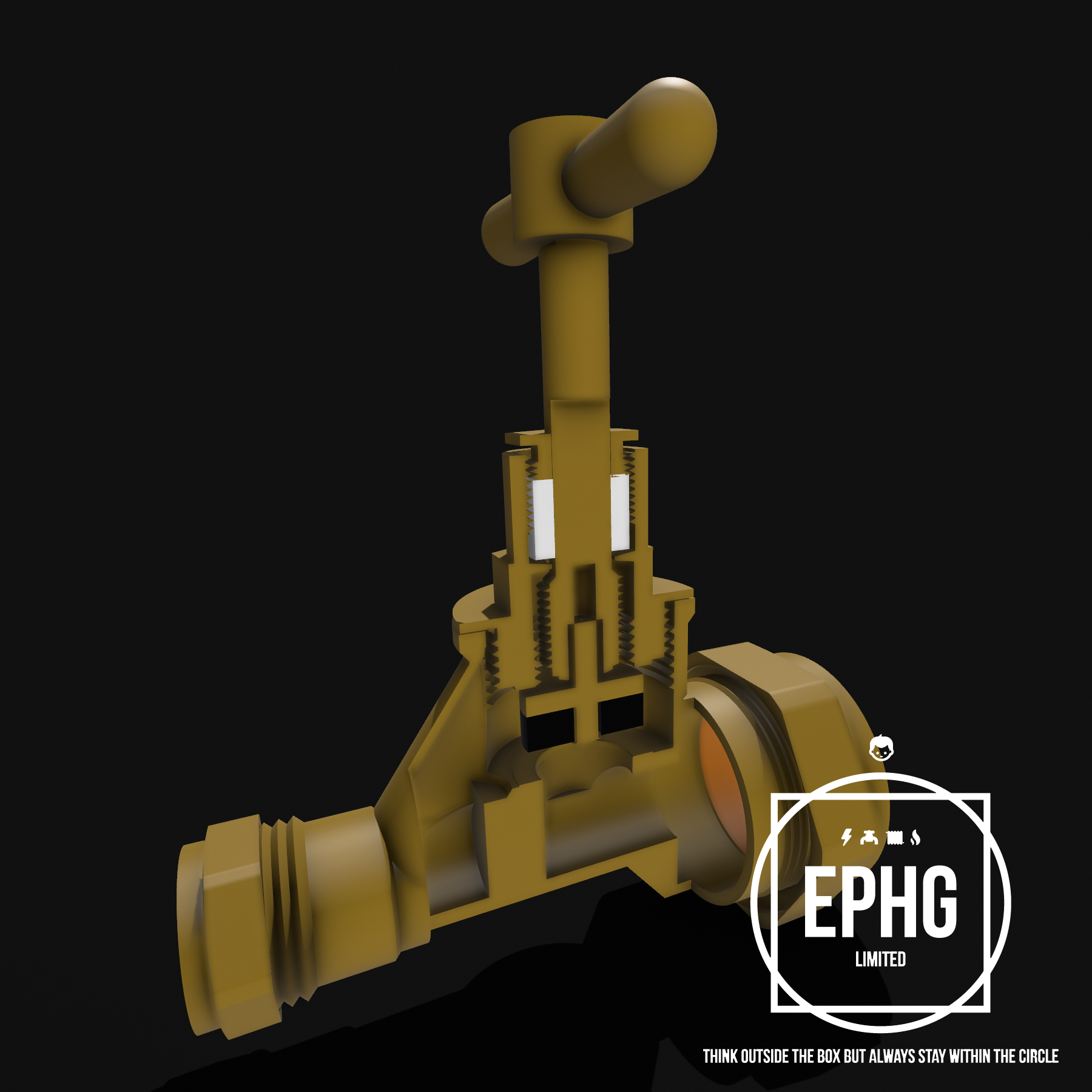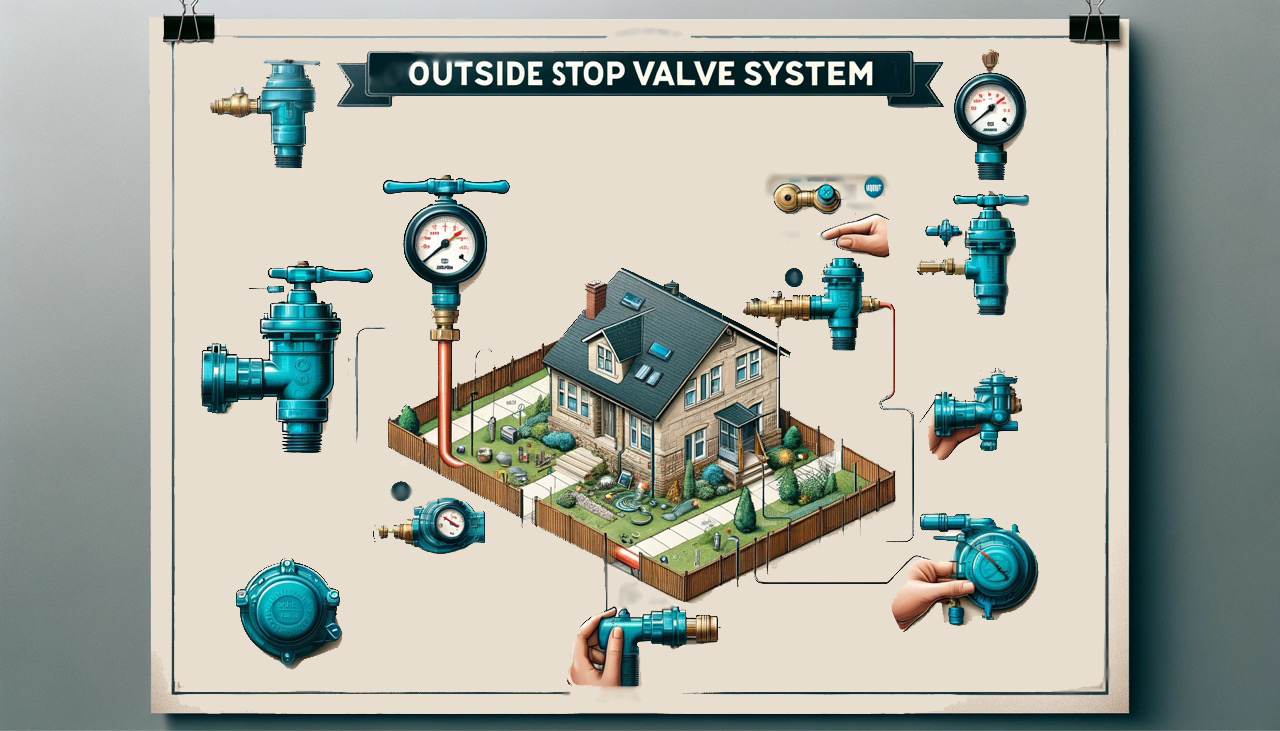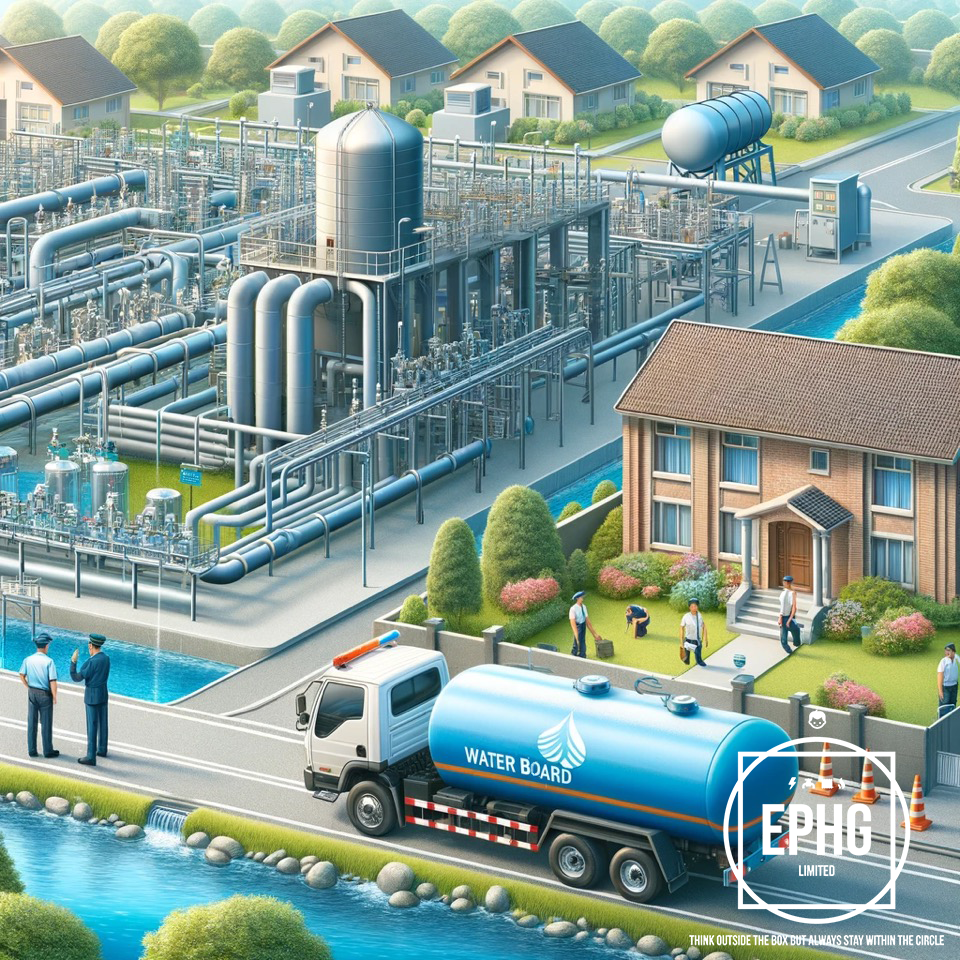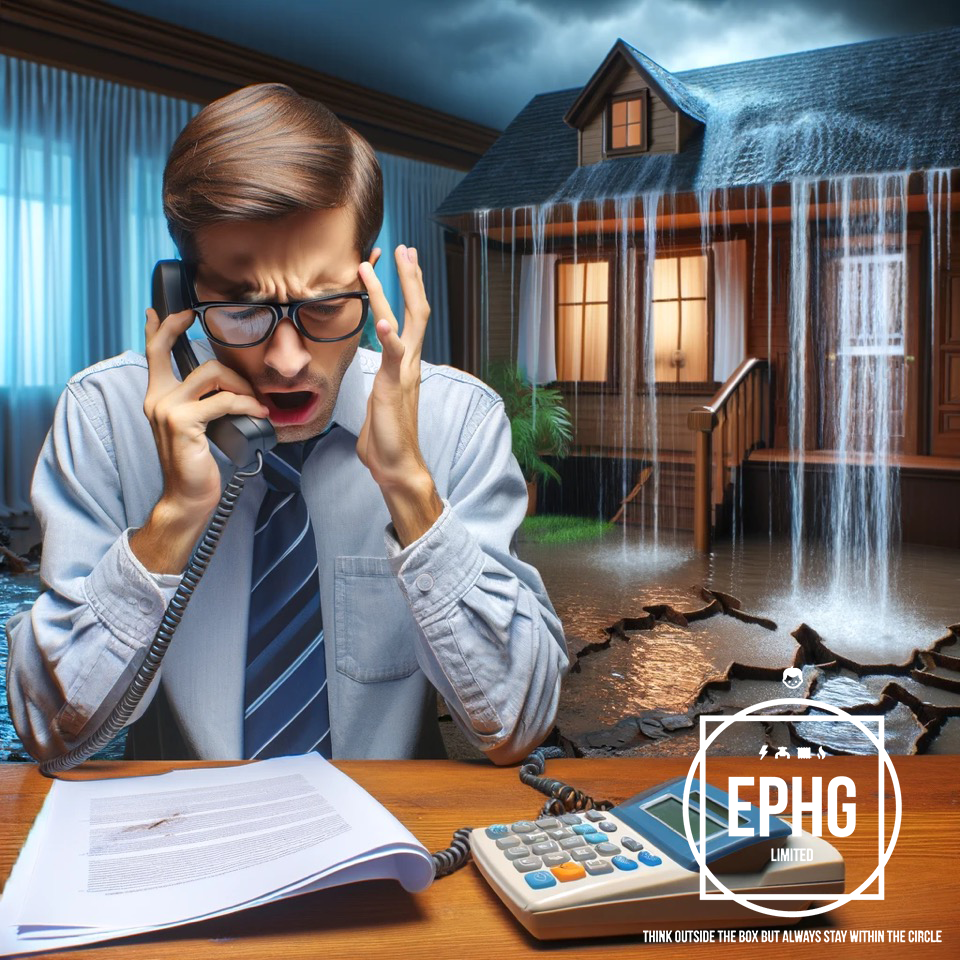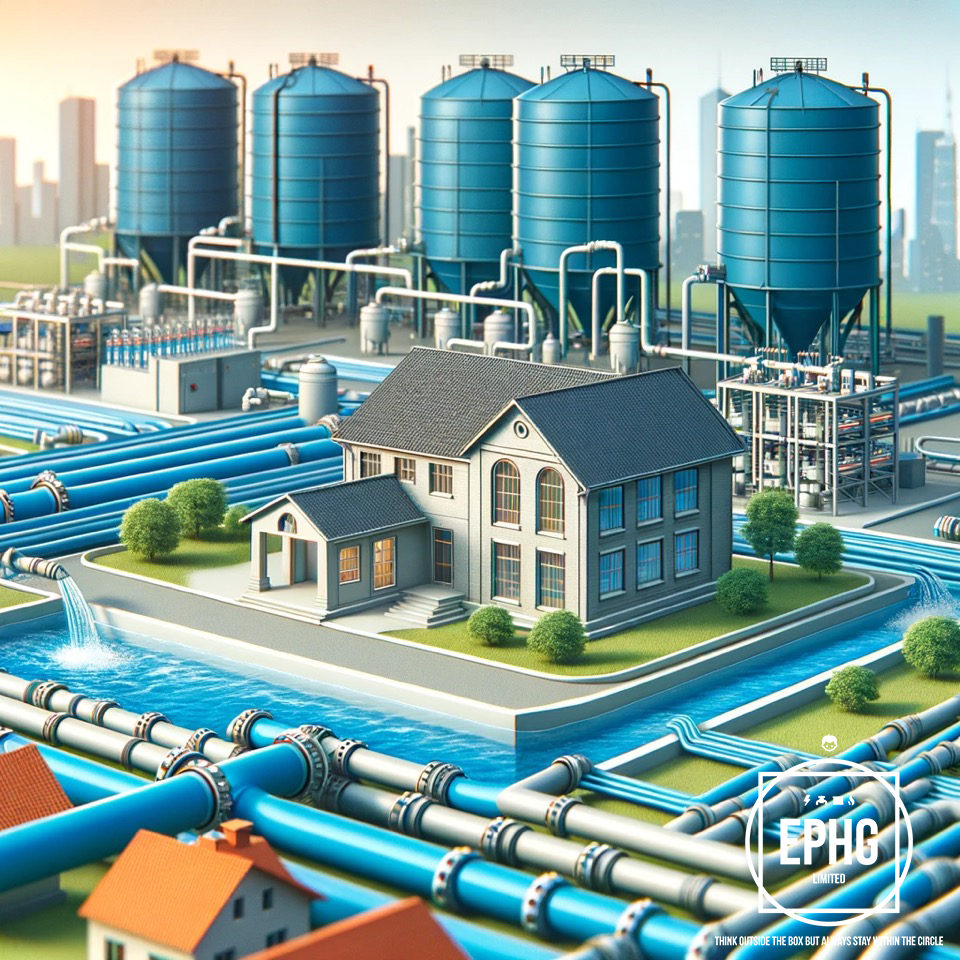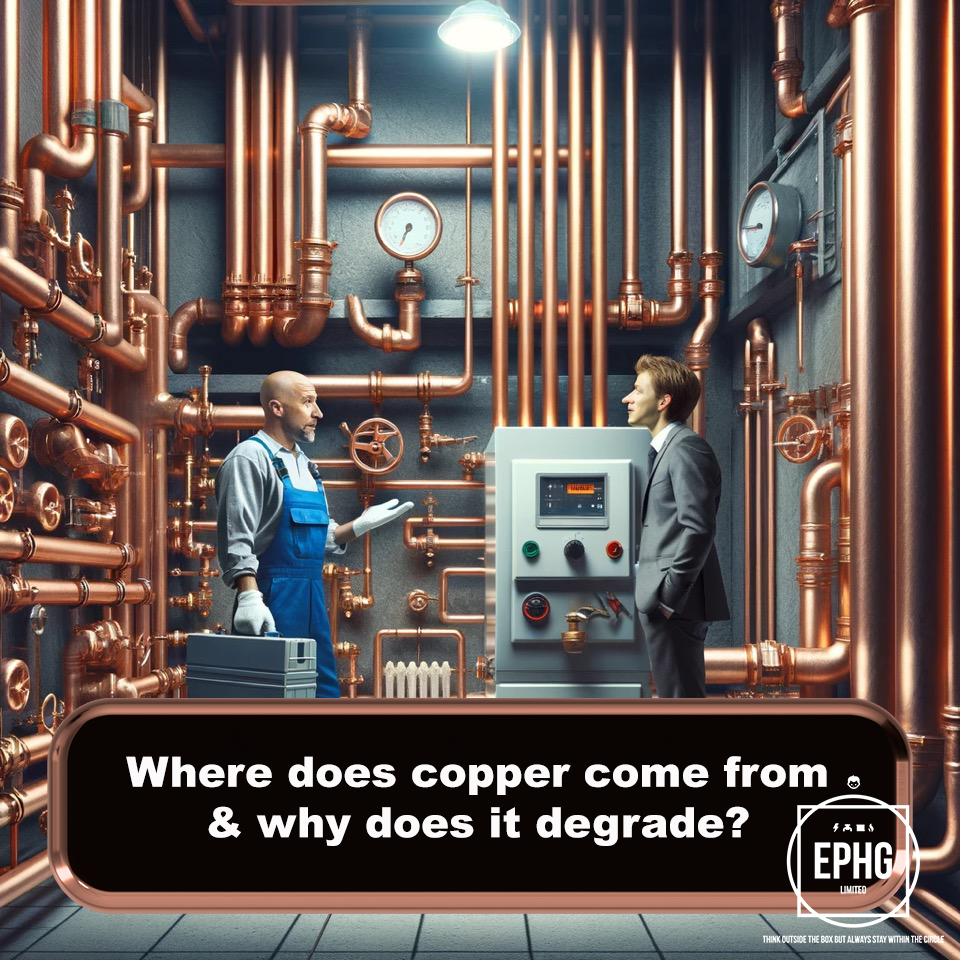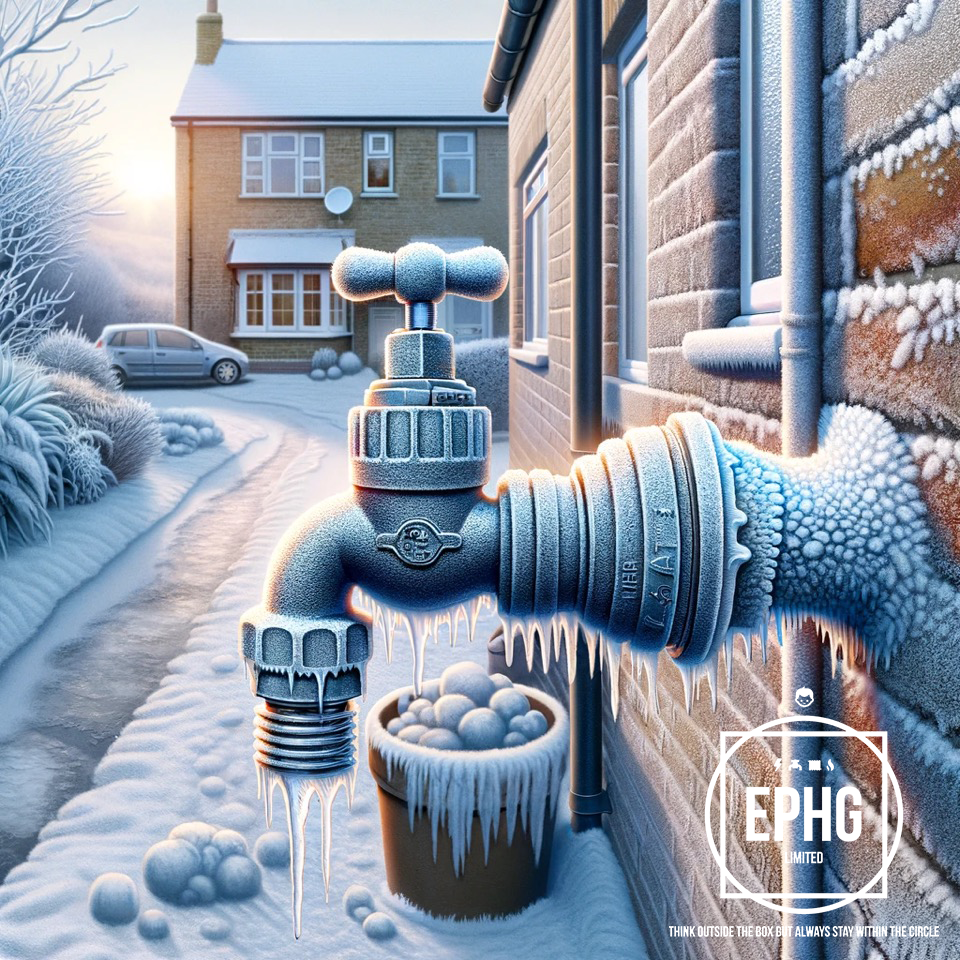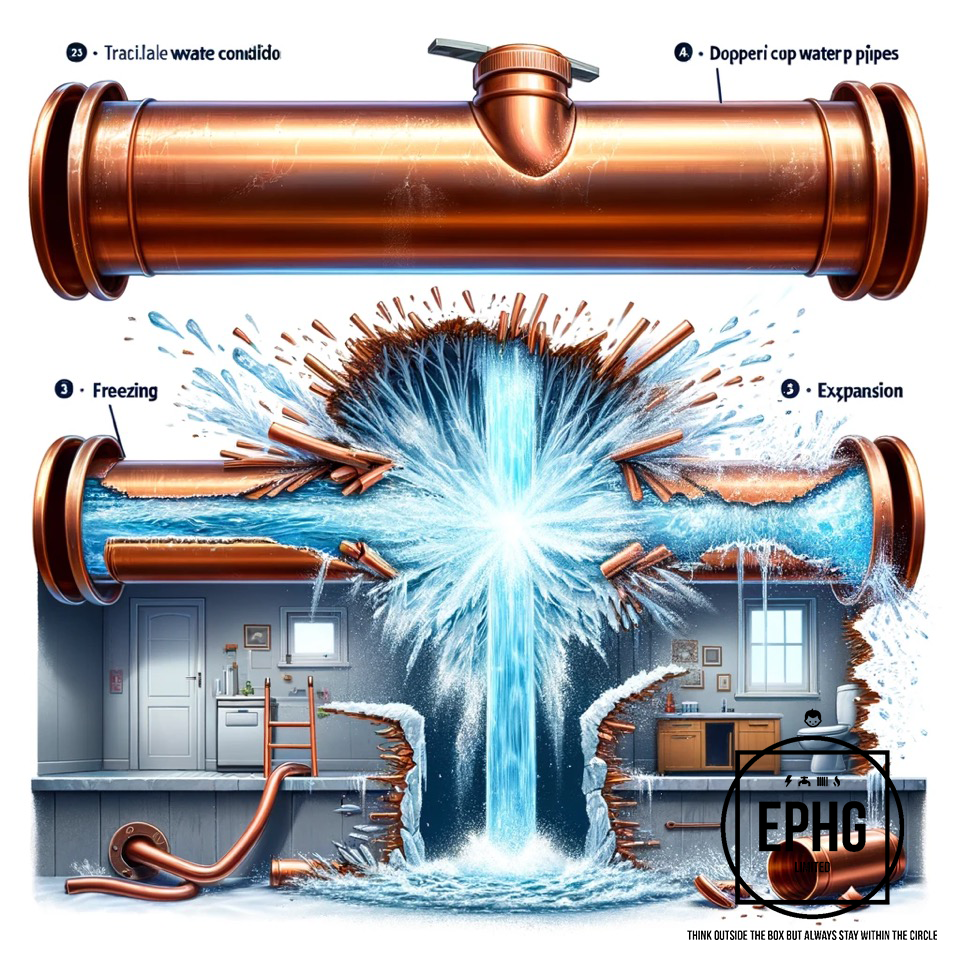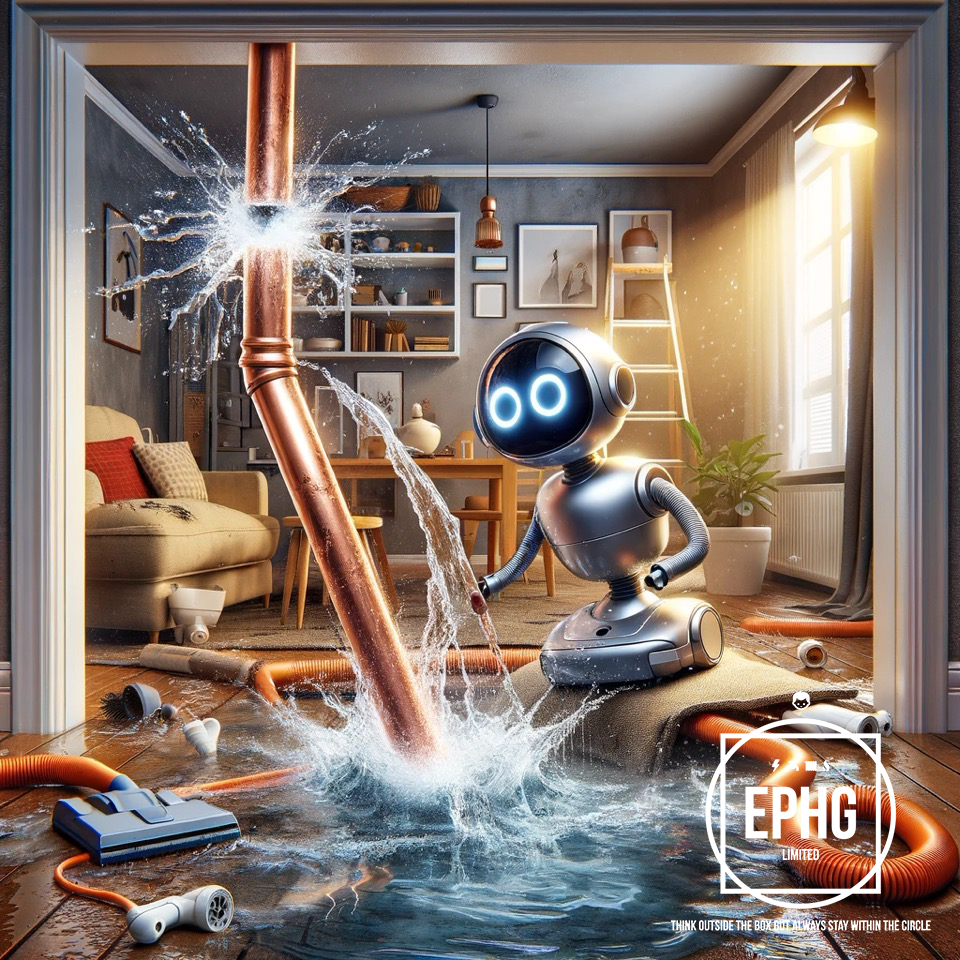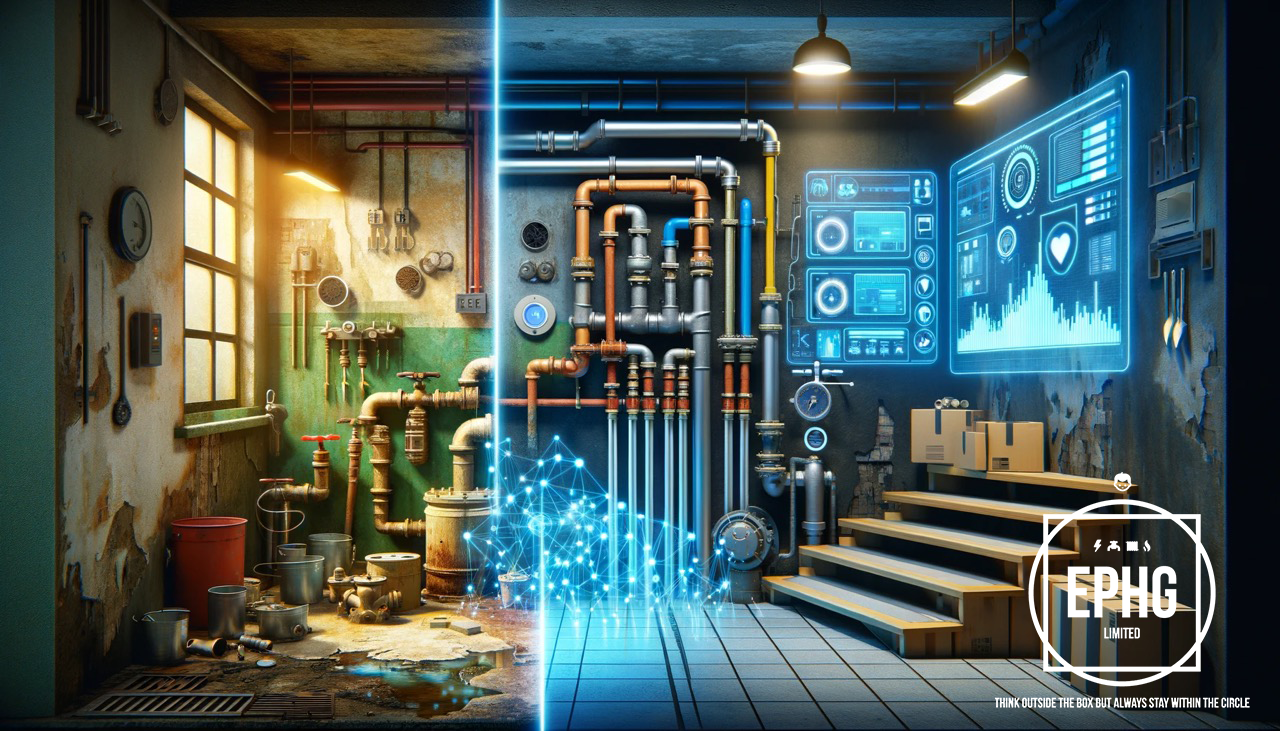
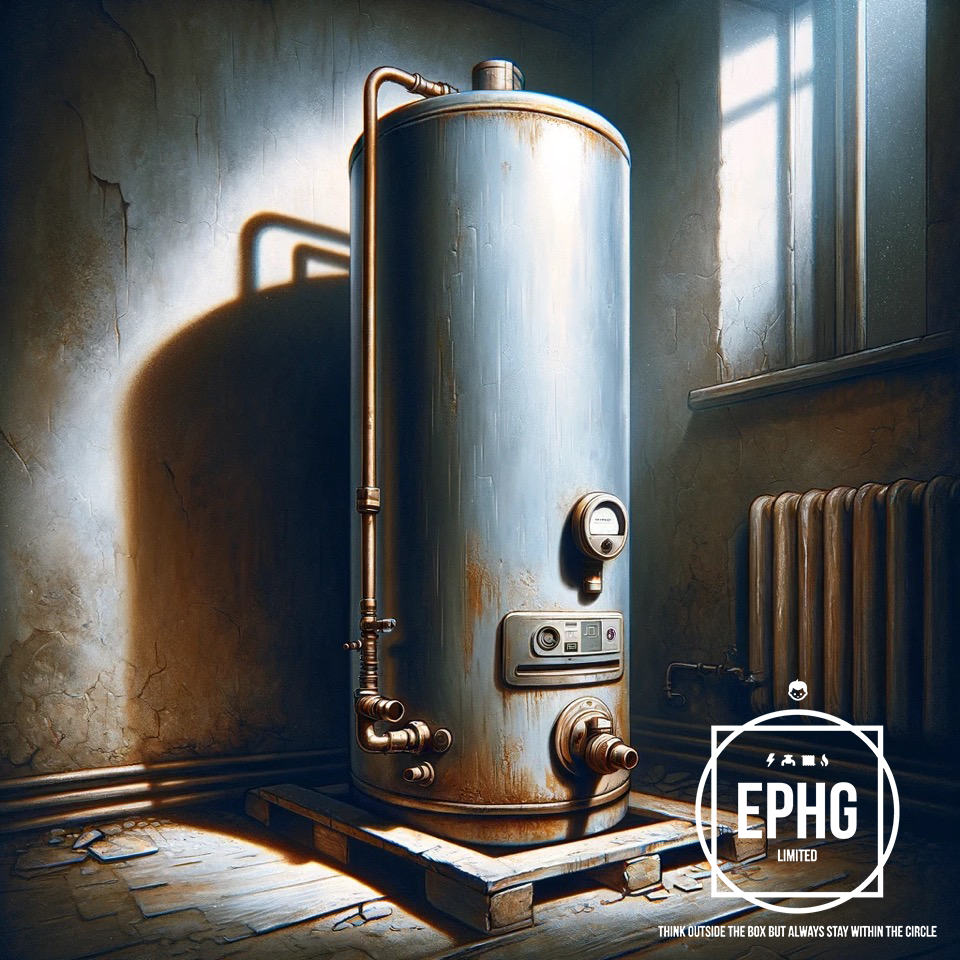
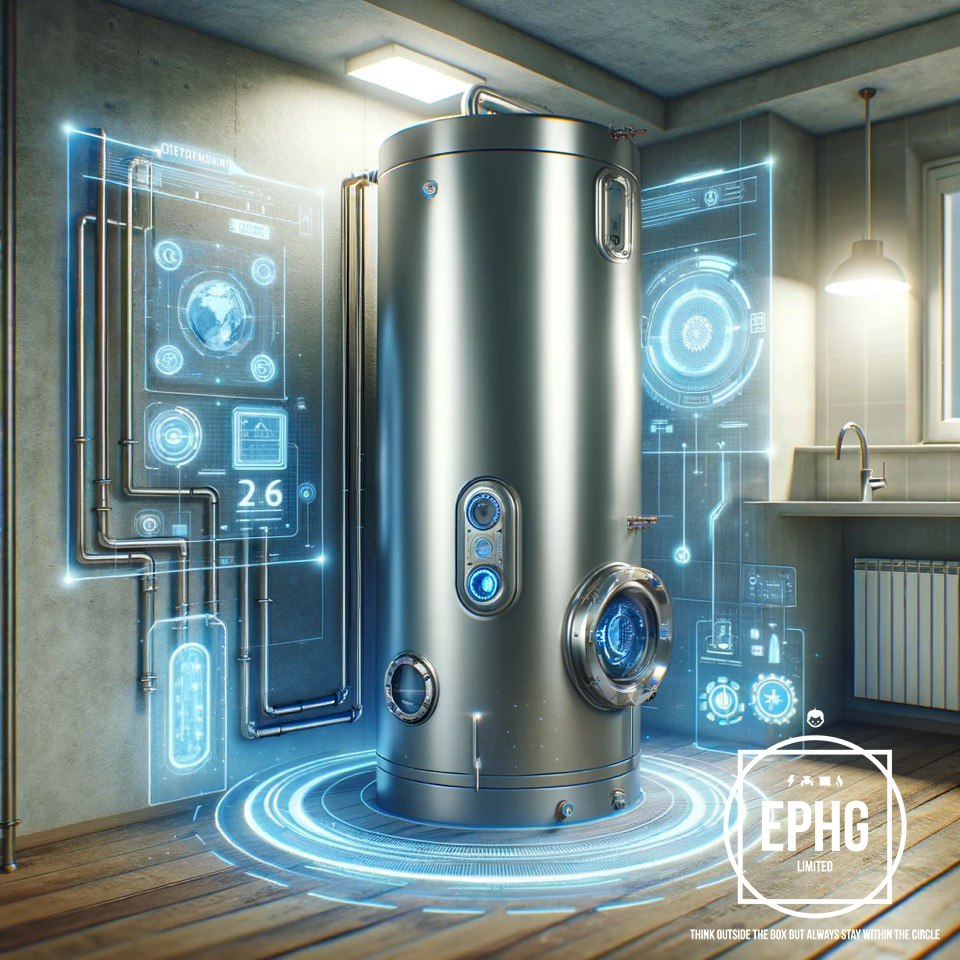
Learn the signs of your plumbing needs and upgrades
- Age of Your Plumbing: The lifespan of your plumbing system depends on the materials used. For example, brass, copper, and galvanized steel pipes can last up to 50 years, while PVC pipes can last between 25 to 40 years. If your home is over 50 years old and still has its original plumbing, it may be time for an inspection and possible upgrade.
- Recurrent Leaks: One of the most obvious signs that your plumbing needs attention is recurrent leaks. If you find yourself constantly fixing leaks in your pipes, faucets, or under your sinks, this could be a sign of systemic failure rather than isolated incidents.
- Water Discoloration: If the water coming out of your taps is discoloured, especially if it is brown, red, or yellow, this is a clear sign that your pipes are corroding. Corroded pipes can lead to leaks and water contamination, which is why they should be replaced immediately.
- Low Water Pressure: Low water pressure can be frustrating and can be caused by a variety of issues, including pipe corrosion, blocked pipes, or leaks. If cleaning your aerators or checking for visible leaks doesn’t solve the problem, it might be time to call in a professional.
- Strange Noises: If your pipes make strange noises, such as banging, whistling, or gurgling, this could indicate a problem. These noises can result from a variety of issues, such as loose fittings, changes in water pressure, or the onset of pipe deterioration.
- Frequent Clogs: While occasional clogs can be normal, frequent clogs can indicate a deeper problem with your plumbing system, such as narrowed pipes due to mineral buildup or improper pipe sizing.
- Unpleasant Smells: Unpleasant smells emanating from your drains can be a sign of a serious plumbing problem, such as a broken vent or sewer pipe. These issues should be addressed immediately.
The Role of an Emergency Plumber
Having a reliable emergency plumber you can call at any hour of the day or night can be the difference between a minor inconvenience and a major crisis. They can provide quick, effective solutions to prevent further damage and costly repairs.
When to Call an Emergency Plumber
If you encounter any of the following scenarios, it may be time to call an emergency plumber:
- Severe pipe burst
- Major drainage backup
- Complete loss of water pressure
- Overflowing toilet that cannot be fixed with a plunger
- Signs of water damage on your property's walls or ceiling
Emergency plumbers are available 24/7 to handle these urgent situations and prevent your home from sustaining significant damage.
Preventive Measures to Avoid Plumbing Emergencies
Here are some tips to help prevent plumbing emergencies:
- Regularly check for leaks in faucets, toilets, and under sinks.
- Avoid disposing of grease, coffee grounds, and other substances that can clog your pipes in your sink.
- Have your plumbing system inspected annually by a professional to catch any potential issues early.
- Install strainers in drains to catch hair and other debris.
- Know where your main water shut-off valve is located to quickly turn off water in an emergency.
Conclusion
Understanding the signs that your plumbing may need upgrading is crucial in maintaining a functional and safe home environment. By keeping an eye out for these indicators and acting promptly, you can prevent small issues from turning into large, expensive problems. Remember, an ounce of prevention is worth a pound of cure, especially when it comes to plumbing.
